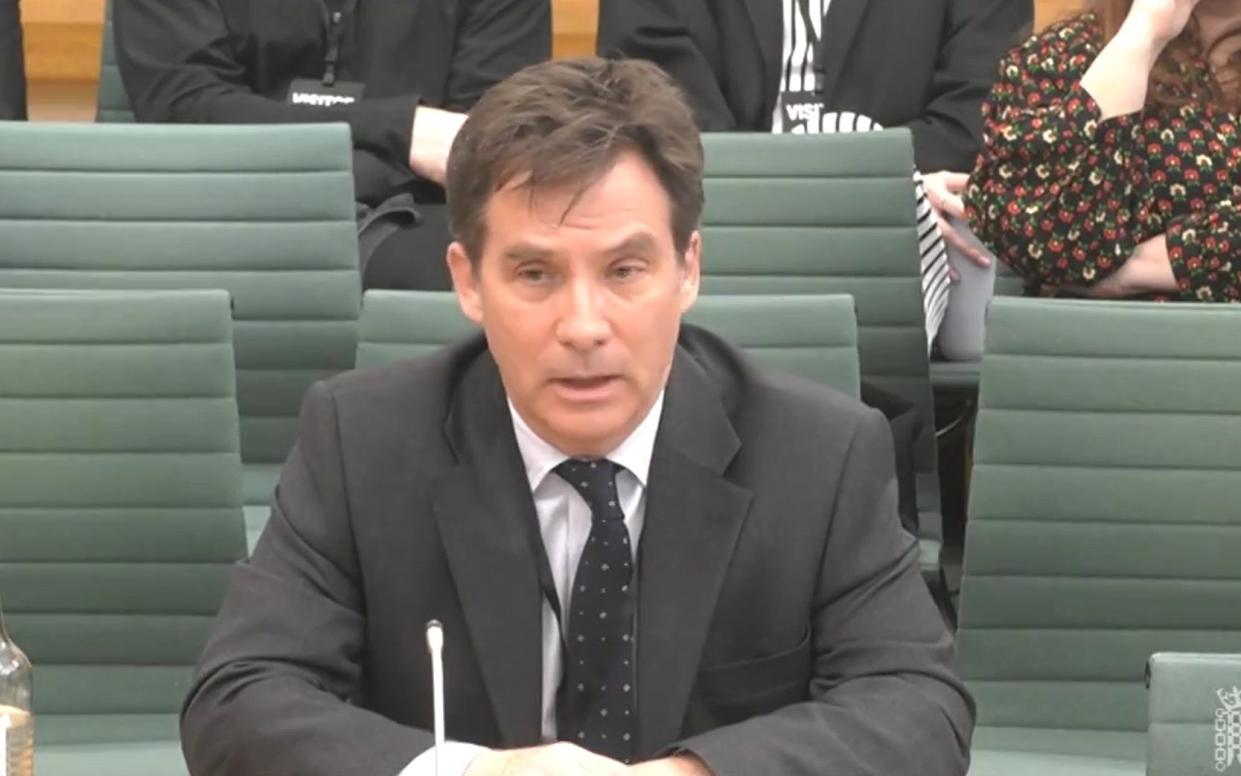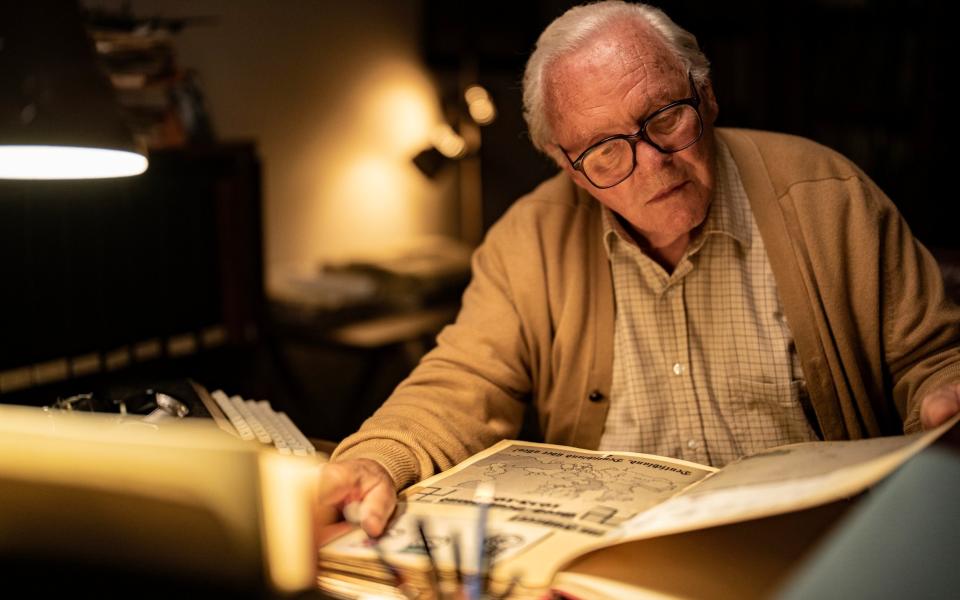TV dramas could soon be AI-generated, says leading film director

- Oops!Something went wrong.Please try again later.
Television dramas could be generated by artificial intelligence in as little as three years, a leading director has said.
James Hawes, director of Slow Horses and the recent Sir Anthony Hopkins film One Life, said that AI is rapidly learning to produce scenes that look like the real thing.
Speaking to MPs on Wednesday, Hawes gave the example of Doctors, the long-running daytime drama that the BBC recently canceled as part of budget cuts.
News of its cancellation “sent me investigating how long it would be before a show like Doctors can be made entirely by generative AI”, he said.
He sought advice from experts in the industry and the “best guess” was “between three and five years”.
“Somebody will be able to say, ‘Create me a scene in an ER room where a doctor comes in, he’s having an affair with a woman so they’re flirting, and somebody’s dying on a table.’ And it will start to create it.
“It may not be as polished as we’re used to but that’s how close we’re getting,” Hawes told the Culture, Media and Sport select committee during a hearing about the future of high-end television.

Hawes said he initially found the timescale hard to believe, but events last week made him think that the changes may come even sooner. The creators of ChatGPT unveiled Sora, which can create realistic scenes based only on text instructions.
Hawes said: “The expert I was talking to said, ‘I thought this might happen in 18 months to two years, and suddenly it’s here.’
“It’s text generative, so someone has typed or spoken into a machine, ‘Give me a scene of a woman in Tokyo walking through a rainy street’. And it produces it. It’s not library footage assembled, it’s digitally produced. It’s not live-action perfect but it’s pretty damn close.
“That’s happening now. So I think protections need to be [brought in] now ... The genie is out of the bottle. I believe we have to live like this. I believe it’s also incredibly enabling - there are parts of British storytelling that can be fuelled and enabled by this but we have to protect rights holders.”
Hawes said AI-generated television is “inevitable” and the industry cannot afford “to be Luddite” about it. “We’ve got to be embracing it and harnessing it and getting to learn what it can do for us,” he said.
“I do imagine there will be a twin-track evolution here - I think there will continue to be humans telling stories. AI will need people to drive it, to guide it, to help shape those stories. It will be a storytelling tool; we’ll be able to create the rainy streets of Tokyo in a way we couldn’t before.”
‘It has not yet got the human soul’
However, Hawes drew on a moment in the making of One Life as an example of something AI could never do.
In the film, Sir Anthony plays Sir Nicholas Winton, who helped save the lives of hundreds of Jewish children during the Second World War.
Hawes recalled: “We were on the set with Anthony Hopkins, and he loves being on set. He’s not one of those who disappears to the Winnebago.
“There was a grand piano on the set, which had nothing to do with the story particularly, but he’s a showman. He sat down, lifted the cover and started playing beautifully… I saw an opportunity and we had Anthony as Nicholas Winton, playing the piano, worked into the scene.
“That was because of something he did, something I saw. AI is not going to predict that, not going to invent that. It has not yet got the human soul, the human experience, which is why I think there will be a twin-track for a long time to come.”

